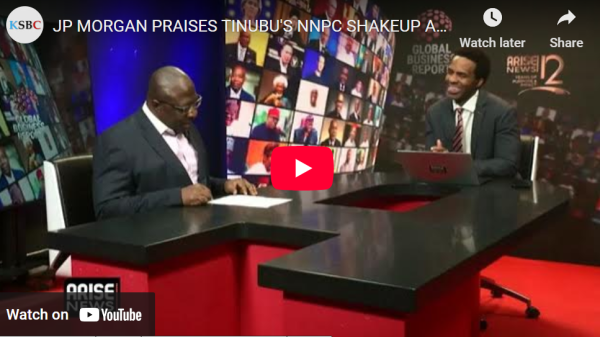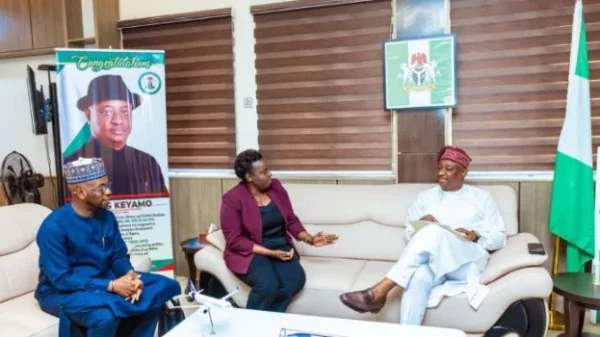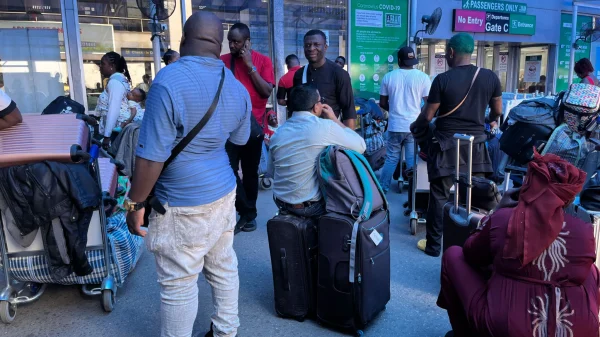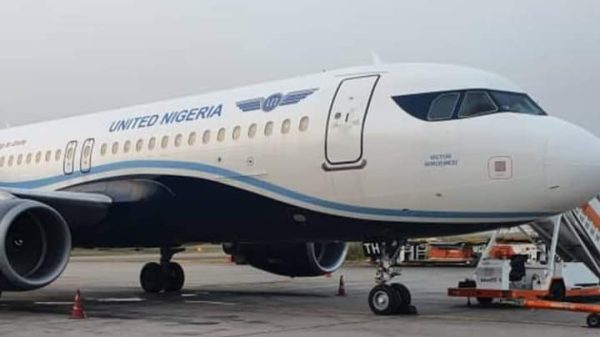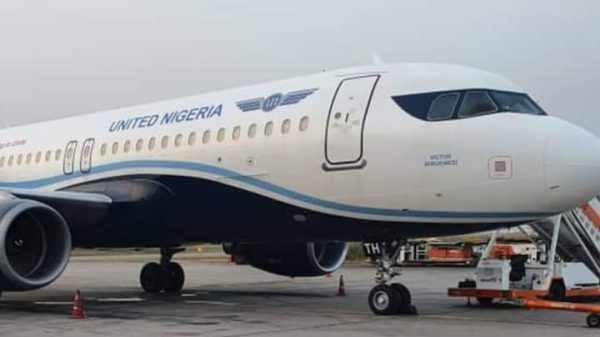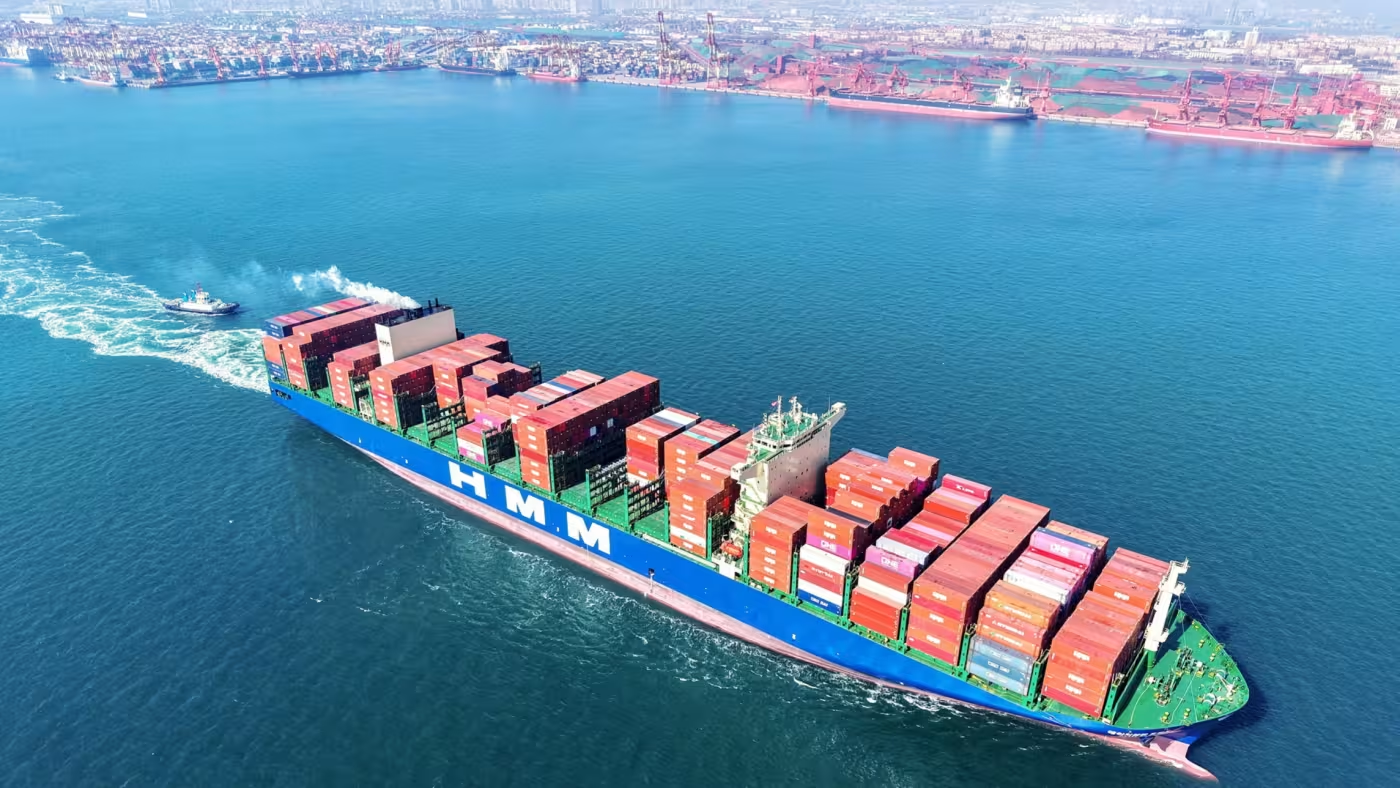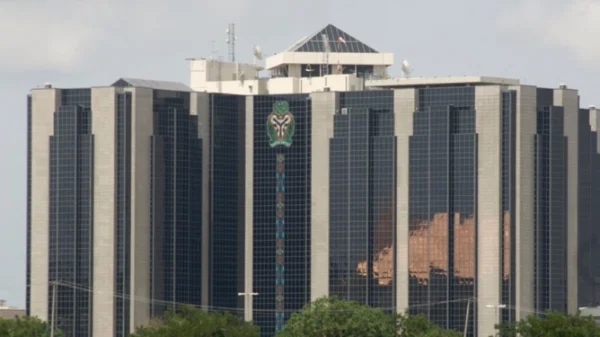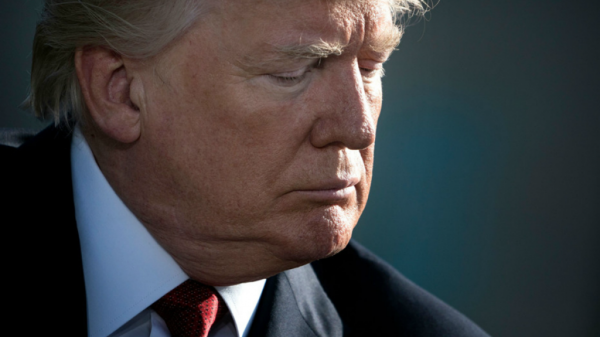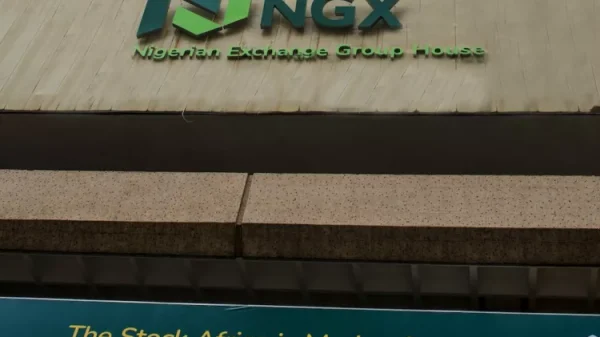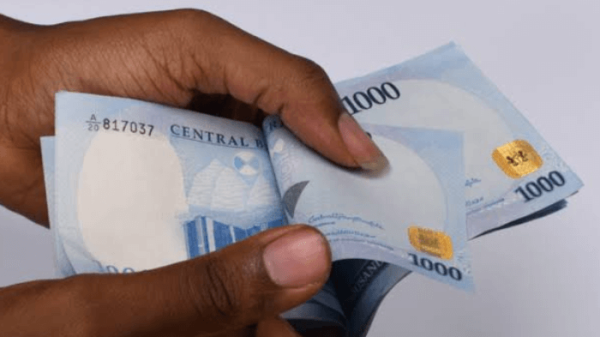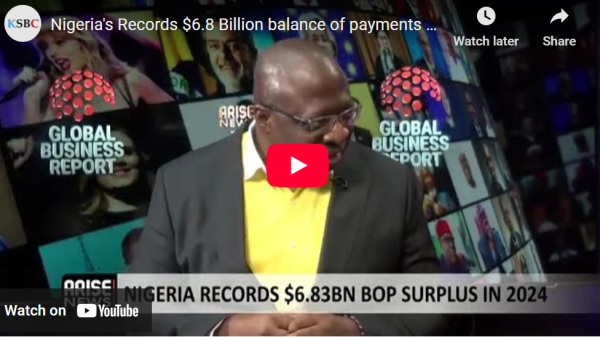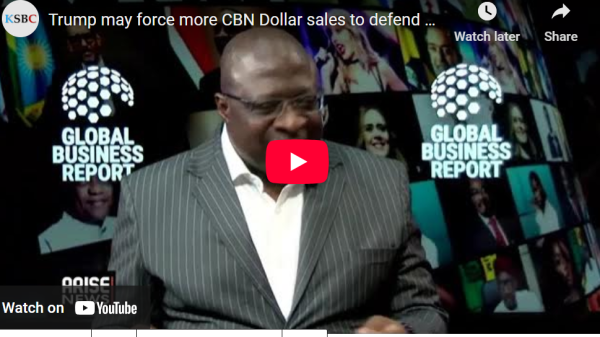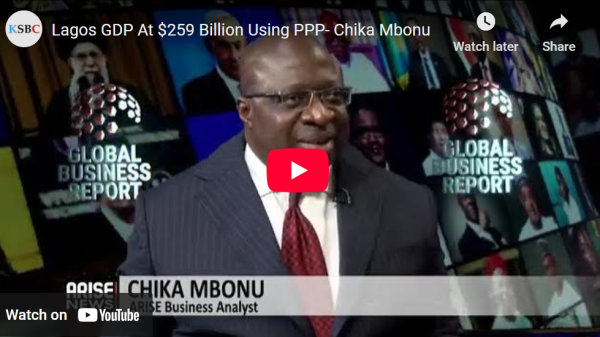To gazette or domesticate a trade commitment is an official announcement that enhances transparency, ensuring that businesses, organisations, and citizens are informed of new regulations coming into force.
For traders, this provides clarity and certainty, confirming that Nigeria will grant preferential tariff treatment to eligible goods upon importation, in line with its commitments under the AfCFTA agreement.
Jumoke Oduwole, minister of industry, trade and investment, announced the development on Monday via her official X page.
According to Oduwole, the submission was made at the AfCFTA council of ministers meeting in Kinshasa, where Nigeria officially signed and submitted the ECOWAS tariff offer — establishing zero duties on 90 percent of goods traded within Africa.
Oduwole said the move marks a significant milestone in Nigeria’s implementation of the AfCFTA agreement and demonstrates the country’s readiness to participate fully in intra-African trade.
“As Nigeria commences its implementation review of five years of AfCFTA, we have been reflective on the journey so far,” she said.
“What is clear is that Nigerian entrepreneurs are more than ready to take on the challenge to move across borders — and we celebrate that feat by supporting them as a government, including through the implementation of the tariff gazetting for our AfCFTA schedules.”
She described the move as a “landmark achievement” and congratulated President Bola Tinubu and entrepreneurs for their perseverance.
“We welcome other businesses and entrepreneurs into our one market, and we also look forward to gracing the shores of many other countries with our proudly Nigerian products,” she added.
‘TARIFF SCHEDULE TO EXPAND NIGERIA’S ACCESS TO AFRICAN MARKET’
Speaking on the broader impact of the agreement, Oduwole said AfCFTA offers Nigerian businesses, particularly micro, small and medium entrepreneurs (MSMEs), youth-led, and women-led enterprises, the opportunity to expand beyond the country’s borders and access the wider African market.
“What does AfCFTA mean to the Nigerian economy? It’s an opportunity for our hardworking entrepreneurs to take their goods out of Nigeria and earn much-needed foreign exchange,” she said.
“It’s an economy to expand businesses. It is a market of 1.4 billion people with a value of $3.4 trillion — the largest free trade area in the world.”
She added that Nigeria would continue to lead in digital trade frameworks and strengthen its position in services and goods trade across the continent.
“We continue to harness and keep value within our continent to ensure prosperity for African people. It’s a partnership. Everybody has something to gain.”
With the latest development, Nigeria has become the 23rd AfCFTA state party to gazette its provisional schedule of tariff concessions (PSTCs).






